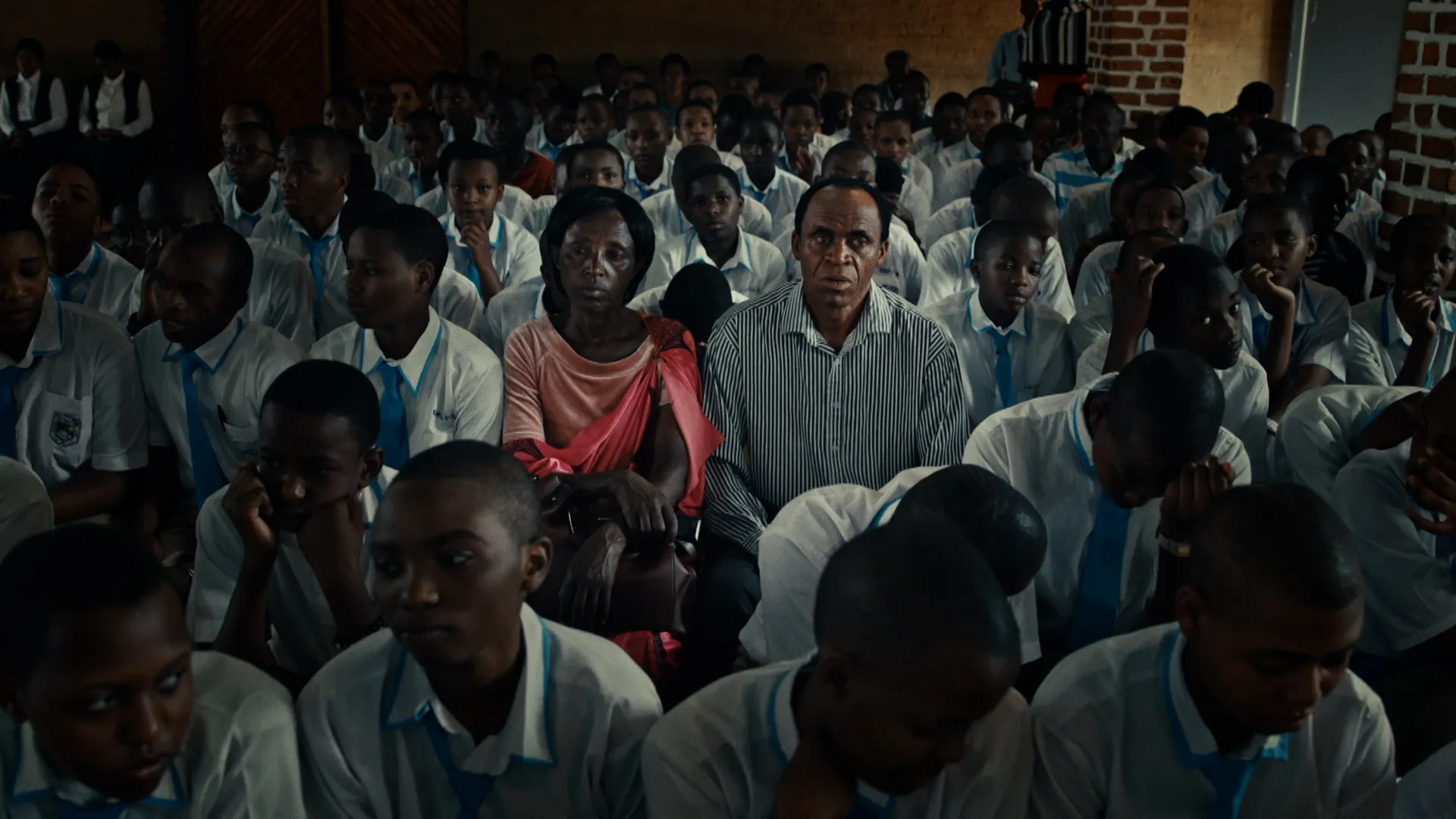Rwanda has taken legal action against the United Kingdom’s refusal to disburse payments under a now-scrapped, controversial agreement for Kigali to receive deported asylum seekers, according to a Rwandan official and UK media reports.
Rwanda launched arbitral proceedings against the UK through the Hague-based Permanent Court of Arbitration on Tuesday. It is seeking 50 million pounds ($68.8m) in compensation after the UK failed to formally terminate the controversial agreement about two years ago, The Telegraph newspaper reported.
Recommended Stories
list of 3 itemsend of list
“Rwanda regrets that it has been necessary to pursue these claims in arbitration, but faced with the United Kingdom’s intransigence on these issues, it has been left with no other choice,” Michael Butera, chief technical adviser to the minister of justice, told the AFP news agency.
Butera added that Kigali had sought diplomatic engagement before resorting to legal action.
The programme to remove to East Africa some people who had arrived in the UK via small boats was agreed upon in a treaty between London and Kilgali. It was intended as a deterrent for those wanting to come to the UK in the same manner.
However, just four volunteers ultimately arrived in Rwanda.
Prime Minister Keir Starmer scrapped the deal – brokered by former Prime Minister Boris Johnson’s Conservative government in 2022 – when he took office in July 2024, declaring it “dead and buried”.
London had already paid Kigali 240 million pounds ($330.9m) before the agreement was abandoned, with a further 50 million pounds ($68.9m) due in April.
Starmer’s official spokesman told reporters on Tuesday, “We will robustly defend our position to protect British taxpayers.”
Last year, the UK suspended most financial aid to Rwanda for backing the M23 group’s offensive in the Democratic Republic of the Congo.
Kigali labelled the move “punitive”.
The agreement faced a string of legal challenges, culminating in a November 2023 ruling by the UK Supreme Court that it was illegal under international law.
Rwanda began the interstate arbitration proceedings under the asylum partnership agreement in November, according to the Permanent Court of Arbitration’s website, which lists the case status as pending.
Immigration has been an increasingly central political issue since the UK left the European Union in 2020, largely on a promise to “take back control” of the country’s borders.
Some 37,000 asylum seekers, including people fleeing Syria and Afghanistan, crossed the English Channel in 2024, and more than 40,000 in 2025 – the highest number since 2022, when nearly 46,000 people crossed. Dozens have died attempting the journey.
The UK government says it has removed 50,000 undocumented people living in the country.
In September, the UK and France implemented a “one-in-one-out” migrant deal aimed at returning asylum seekers to France while accepting those with UK family ties. However, the policy has faced criticism regarding its effectiveness. NGOs and charity groups have also described the scheme as a “cruel” move designed to restrict asylum rights.



